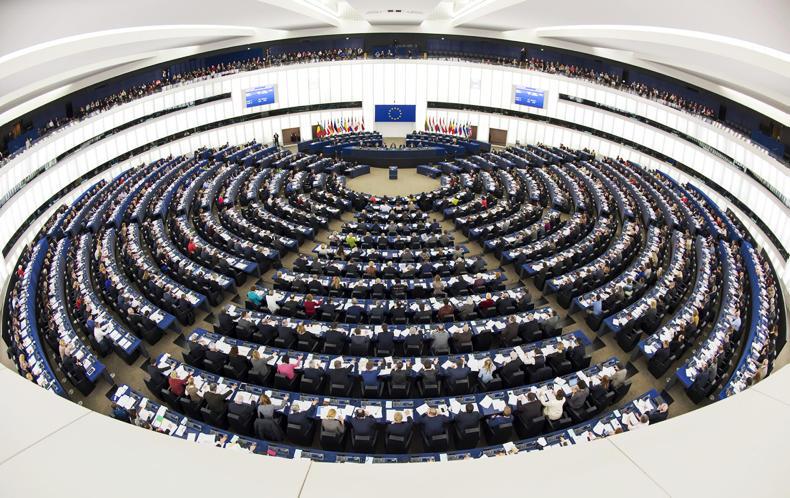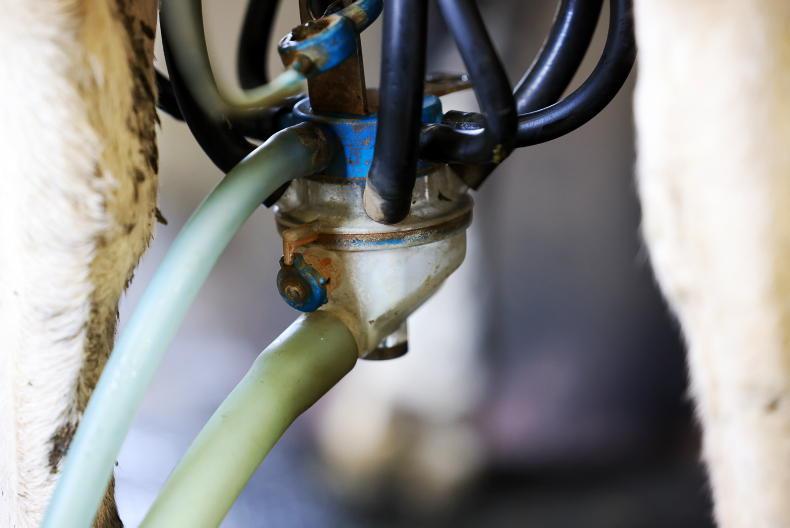The European Parliament's Agriculture Committee will not vote on Common Agricultural Policy reform proposals until April, meaning that CAP 2020 reforms will not be agreed upon until after the upcoming European elections.
#FutureofCAP: ?@EP_Agriculture? decided the committee vote on all three #CAPreform files should take place at the beginning of April. Objection to the proposed decision was voted down. pic.twitter.com/aXlhPAo6Pr
— AGRI Committee Press (@EP_Agriculture) February 19, 2019
MEP elections will take place from 23 to 26 May.
If the new CAP is not agreed and in place on time the current terms will be rolled over, but with a decreased budget.
The @EP_Agriculture will not vote on the #CAPreform files until April....this has implications for timing of implementation of the reforms. The new Parliament elected in May will have the final say. @farmersjournal @farm_ireland @AgrilandIreland @RTECountryWide pic.twitter.com/vCNlmyypVQ
— Mairead McGuinness (@MaireadMcGMEP) February 19, 2019
A spokesperson for the European Commission said that it "is currently working with the co-legislators to agree on the CAP reform post-2020 as soon as possible. The Commission will be ready to come forward with transitional arrangements if and when necessary."
Farmer reaction
Farmers have called for farm payments to be maintained at current levels in the event of a rollover, even if that means the remaining 27 member states have to plug the €12bn hole in the budget as a result of the UK's departure from the EU.
“If that’s what’s required then that’s what will have to happen” ICMSA president Pat McCormack said. He added that many farmers will be coming to the end of their terms in schemes such as GLAS and these schemes and related payments should be extended until such time as the new CAP structure is finalised and operational.
A Macra na Feirme statement on the issue said: “Added to this current round of negotiations there are European elections, Brexit and a MMF [Multi-Financial-Framework] to consider.
"From a young farmer perspective, consistency and continuity of young farmer schemes and supports remains our priority and a smooth transition from the current CAP to its successor is our primary concern, we believe this is essential to avoid creating another group of forgotten young farmers.”









SHARING OPTIONS